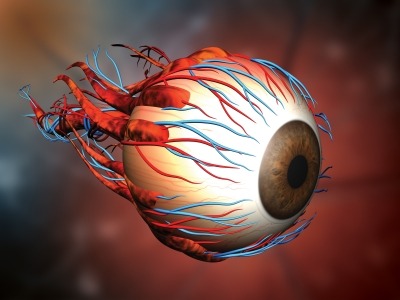
The company has designed the Olympia trial to further evaluate the safety and efficacy of TearCare for patients with dry eye disease.
TearCare is said to be the only wearable, personalised and open-eye technology, which delivers regulated and localised heat to the eyelids to clear the diseased meibomian glands of oily obstructions and restore the production of healthy clear meibum, enabling to prevent accelerated tear evaporation.
TearCare is a tool developed for the application of localised heat when the current medical community recommends the application of a warm compress to the eyelids. Its applications include Meibomian Gland Dysfunction (MGD), Dry Eye and Blepharitis.
Vance Thompson Vision founder Dr Vance Thompson, who enroled the first subject in the Olympia trial, said: “At our center we are constantly looking for new technologies that create a benefit for our patients. And there are a lot of options when it comes to dry eye disease.
“What we like about the TearCare device is how it conforms to the outer eyelids, allowing patients to blink freely, and comfortably keep their eyes open throughout the entire procedure.”
Olympia is a prospective, randomised and controlled study designed to assess TearCare against Lipiflow in the treatment of the signs and symptoms of dry eye disease. The company will recruit 138 subjects at the trial across 10 centres in the US.
According to the company, recruited patients in the study must have MGD, which is the most common cause of dry eye disease. The disease will occur when the meibomian glands of the eyelids do not secrete enough oils onto the tear surface, resulting in evaporation of tears too quickly and causing dry eye disease.
Sight Sciences clinical and regulatory affairs vice president Anne-Marie Ripley said: “Over the past several months, we have worked diligently to select investigational sites for successful completion of the trial so the enrollment of the first subject in OLYMPIA is a significant milestone for Sight Sciences and our cutting-edge TearCare technology.”






